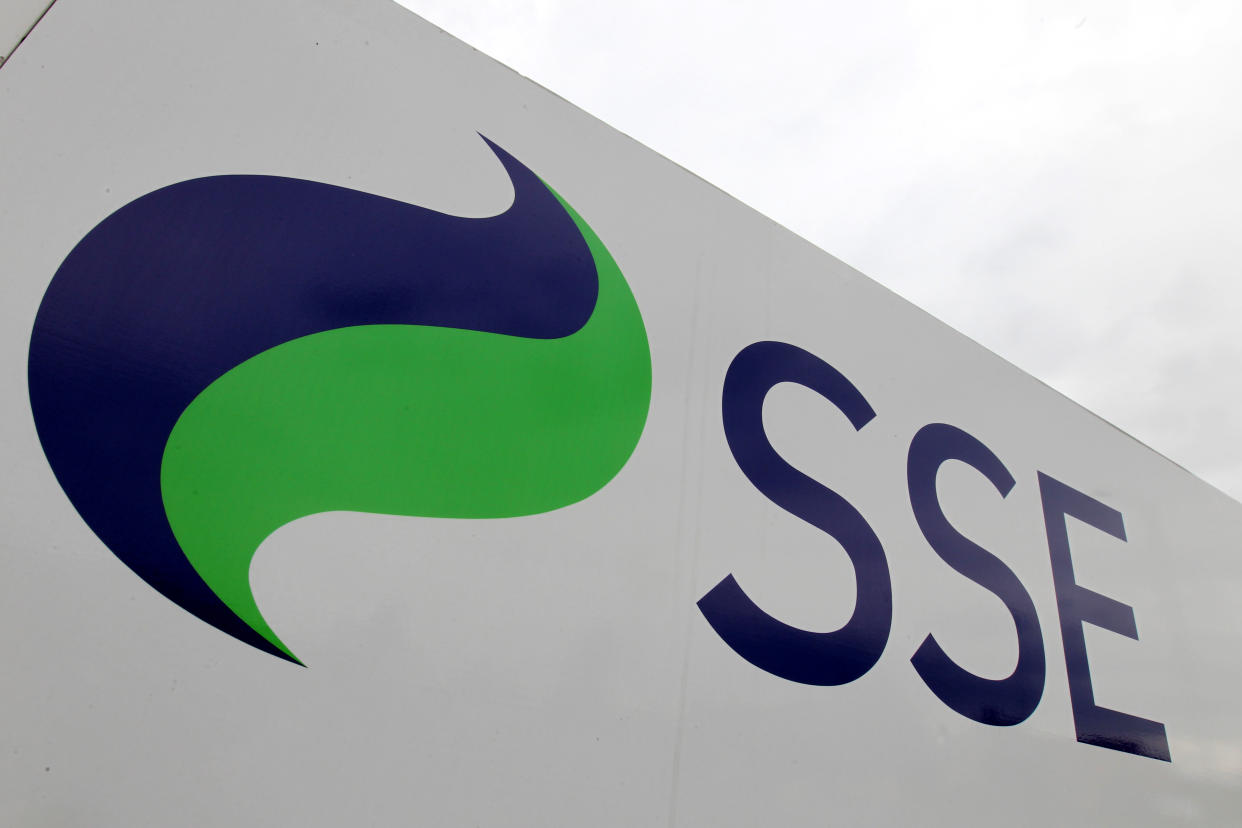SSE sells household supply business to rival Ovo for £500m

SSE (SSE.L), one of the UK’s big-six energy providers, on Friday agreed to sell its lagging household supply business to smaller rival Ovo Group, in a deal worth £500m.
Ovo, which was founded in 2009, will pay £400m in cash and £100m in loan notes for the business.
The deal, which will see transform Ovo into one of the UK’s biggest energy companies, is expected to conclude later in 2019 or in early 2020.
Some 3.5 million customers and around 8,000 staff will transfer from SSE to Ovo as part of the deal.
SSE’s household supply business has been struggling and the company has been trying to offload it for around a year.
In its most recent financial year, which ended in March 2019, the division lost over half a million customers to other providers. Ovo had been named as a potential buyer in August.
In a statement, SSE CEO Alistair Phillips-Davies said he thought it was “an excellent opportunity.”
“We have long believed that a dedicated, focused and independent retailer will ultimately best serve customers, employees and other stakeholders — and this is an excellent opportunity to make that happen,” he said.
Ovo was founded just a decade ago, and counts 1.5 million people as customers and around 2,000 as staff. The deal will thus more than triple the size of Ovo.
Ovo founder Stephen Fitzpatrick said on Friday that “SSE and OVO are a great fit.”
“They share our values on sustainability and serving customers. They've built an excellent team that I'm really looking forward to working with.”
Phillips-Davies noted that it would allow SSE to focus more on its low-carbon infrastructure business.
“Following the transaction, SSE will be able to give an even greater focus to delivering the low carbon infrastructure needed to help the UK reach net zero emissions," Phillips-Davies said.


